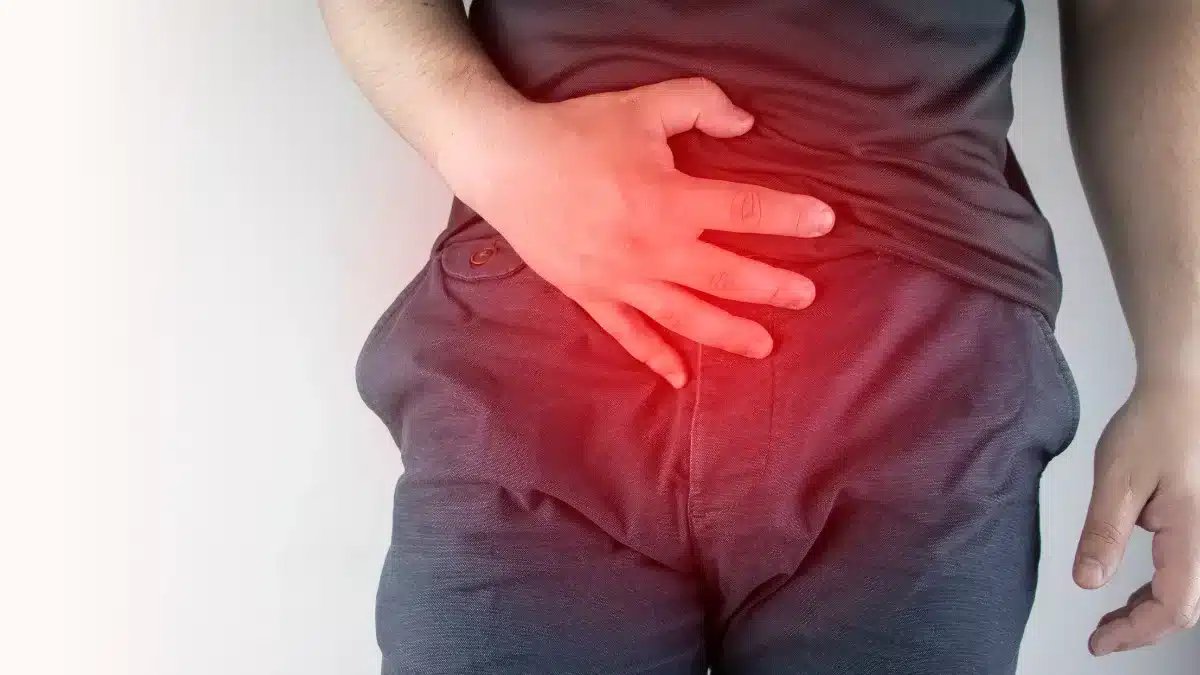Treatment for Genital Warts: Managing the Infection Effectively
Genital warts are usually caused by the Human Papillomavirus (HPV).
Between the ages of 15 and 49, at least 1% percent of the population experiences symptomatic warts.
Different types of HPV can cause them, and some of them are linked to Cancer.
They can appear in the groin, genital area, or surrounding areas.
A lot of HPV cases go away on their own, but some may need to be treated.
This article talks about different types of treatments, such as prescription medications, over-the-counter medicines, and alternative therapies.
How to treat Genital Warts
Various medical interventions exist for Genital Warts, any of which may be recommended by a medical practitioner.
The selection of treatment for Genital Warts depends upon the patient’s general health, location, and appearance of the warts.
Even with proper treatment, most Genital Warts recur within three months of treatment ending, indicating that recurrence rates following first therapy might be substantial.
Nonetheless, it has been demonstrated that some treatment options successfully eliminate the warts.
Among the most prevalent treatment options for Genital Warts are:
- Prescription medications: Topical therapies such as Imiquimod, Podophyllotoxin, and Sinecate can be applied directly to the warts. These treatments have been demonstrated to be successful, but they may have negative effects and not be appropriate for everyone
- Cryotherapy: This therapy usesliquid nitrogen to freeze the Genital Warts. Although it could be helpful, it might also irritate the skin and create momentary discomfort
- Electrocautery: The warts are burned away during this procedure using an electric current. It may result in discomfort and scarring. Nevertheless, it has demonstrated efficacy in the elimination of Genital Warts
- Excision: This is a surgical procedure to eliminate Genital Warts. It includes cutting out the warts and can cause pain, irritation, or scarring, too
- Laser treatment: This method uses laser light to kill the warts, and it has been said to work in some cases
- Interferon: This antiviral medication can be injected into Genital Warts, although it is normally used only when previous treatments have failed
Alternative treatments for Genital Warts

Alternative treatments for Genital Warts exist.
Green tea extract cream, curcumin, and antivirals such as topical Cidofovir are among alternate treatments.
Alternative therapies, such as apple cider vinegar, tea tree oil, or garlic, may provide relief for some people.
However, before using any alternative treatment for Genital Warts, it is critical to consult with a healthcare expert because they may not be appropriate for everyone.
People should remember that the Food and Drug Administration (FDA) does not regulate alternative therapies.
Risks of not treating Genital Warts

If an individual doesn’t treat genital warts, they could spread to their sexual partners, among other things.
Even if the virus is on a part of the skin that is not covered by a condom, it can still be transmitted.
Genital warts can also come back after the first treatment.
Most of the time, they do so within three months of the end of treatment.
Even though Genital Warts aren’t Cancer, the HPV types that cause them are linked to Cancer.
It’s important to see a doctor for a proper diagnosis and treatment for these warts to lower the chance of complications and the infection spreading.
Depending on the patient and the degree of infection, Genital Warts can have a variety of long-term repercussions.
Among the possible long-term consequences are:
- Cancer progression: Untreated Genital Warts may occasionally lead to Cancer; however, this is more common with particular HPV strains linked to Cervical Dysplasia or other malignancies
- Persistent infection: The underlying HPV infection may remain persistent even after the Genital Warts go away on their own, possibly causing more breakouts or partner transfer
- Increased size and quantity of warts: Genital warts can get bigger, more numerous, and more unpleasant if they are not treated
- Obstetrical complications: Hormone levels may trigger Genital Warts to bleed, enlarge, or multiply during a pregnancy-related outbreak
- Emotional and psychological effects: Genital warts that are left untreated can lead to worry, shame, and distress, all of which can negatively impact a person’s mental health
To lower the chance of problems and the infection spreading, it is imperative to see a doctor for a correct diagnosis and treatment for Genital Warts.
Conclusion
Effectively managing Genital Warts is critical for avoiding problems and controlling the transmission of Human Papillomavirus (HPV).
While some cases resolve on their own, prescription drugs, cryotherapy, electrocautery, excision, laser treatment, and Interferon are all viable therapies.
Alternative therapies exist, but due to the absence of FDA oversight, they must be used with caution and consultation.
Neglecting treatment for Genital Warts carries hazards, including the possibility of spreading to sexual partners, recurrence, and link with Cancer.
Cancer progression, chronic infection, increased wart size, obstetrical difficulties, and severe psychological effects are all possible long-term consequences.
Seeking immediate medical assistance for a precise diagnosis and personalized treatment is critical to minimizing complications related to Genital Warts and HPV.
Frequently Asked Questions
What is the fastest way to get rid of Genital Warts?
The quickest methods for eliminating vaginal warts include cryotherapy, which involves freezing liquid nitrogen to induce the warts to peel off and reveal fresh skin; surgery to eradicate the warts, such as electrocautery, laser therapy, or surgical excision; and topical medications in the form of creams, liquids, or ointments.
What is the most successful treatment for Genital Warts?
The most successful treatment for Genital Warts is often the application of topical medications containing Imiquimod, Podophyllin, or Podofilox. Additionally, healthcare professionals may recommend medical procedures like cryotherapy, laser therapy, or surgical removal for more severe cases. Regular follow-ups with a doctor are crucial for effective management.
Can I treat Genital Warts myself?
No, self-treatment for Genital Warts is not recommended. Consult a medical professional for accurate diagnosis and guidance. Treatment options may include topical medications, cryotherapy, or other medical interventions. Self-treatment can lead to complications and may not effectively address the underlying infection.
Is Genital Warts 100% curable?
No, Genital Warts caused by certain strains of the Human Papillomavirus (HPV) are not always 100% curable. While treatments can remove visible warts, the virus may persist in the body. HPV vaccines can prevent some strains. Regular check-ups and safe sexual practices help manage the condition and reduce transmission risk.
WowRx uses only high-quality sources while writing our articles. Please read our content information policy to know more about how we keep our content reliable and trustworthy.






